Yung Pueblo: How to Love Better
He joins Rainn PLUS an exclusive excerpt from his new book
Salutations to all you yung souls ✨
This week on Soul Boom, Rainn sits down with Yung Pueblo — the pen name of Diego Perez, a #1 New York Times bestselling author and meditator whose words on healing and emotional growth have reached millions around the world.
Named one of TIME’s 100 Creators of 2025, Diego has become a defining voice in the modern conversation on healing and mindfulness — offering short, crystalline reflections that read like poetry but feel like therapy. His posts — compact, compassionate, and endlessly shareable — have become a staple of the micro-meditation genre that has flourished in the social-media era.
But beyond the scroll lies a deeper current. Across all five of his books, one discovers a more spacious discourse — a deepening of thought that invites readers beyond affirmation into genuine transformation. In his newest release, How to Love Better, that voice opens wider still: an exploration of how awareness, growth, and compassion help love flow — within us, between us, and through the world we share.
Together, Rainn and Diego explore how healing ourselves helps us love better — not just as partners or friends, but as human beings trying to bring a little more peace into a chaotic world. In their conversation, they discuss how personal healing ripples outward into our relationships and our communities — from the lessons of silence on 45-day meditation retreats to the courage it takes to bring kindness back into everyday life. They talk about impermanence, compassion, and the difference between self-love as indulgence and self-love as transformation.
To go deeper, we’re sharing a passage from Diego’s latest and greatest book, How to Love Better. The book began as an act of honesty. Diego and his wife, Sara, fell in love young — but, like many of us, quickly discovered that love alone isn’t enough to sustain connection. What followed were years of learning, unlearning, and trying again: moments of deep affection colliding with equally deep confusion.
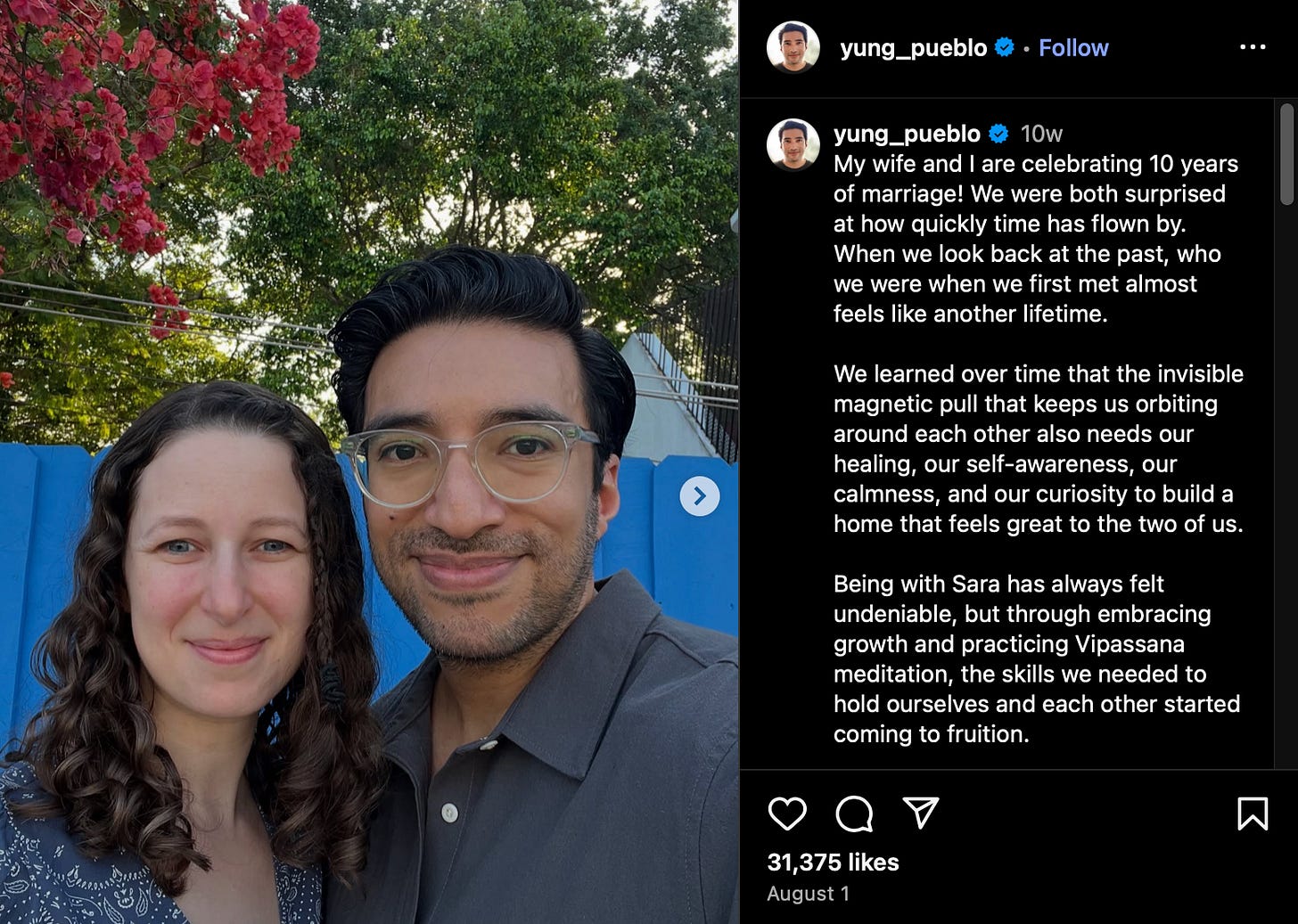
Through that lived experience, Diego realized that love is not a feeling you fall into — it’s a skill you cultivate. It requires self-awareness, communication, and the willingness to grow alongside someone rather than apart. How to Love Better was born from that insight: that healthy love starts with the inner work we do on ourselves, and that relationships mirror back the places we still need to heal.
In it, he distills the inner work that allows love to move freely — gracefully unfolding a new path in which the cultivation of kindness, growth, and compassion becomes the daily practice that keeps love alive and flowing.
How to Help Love Flow
From how to love better
by Yung Pueblo
One of the most crucial elements of love is selflessness. This means knowing yourself well enough that you can see beyond your own ego, cravings, and attachments and are able to intentionally arrive into your relationship as someone who wants to make your partner’s happiness as much of a priority as your own. Developing selflessness helps you nourish a balance between giving and receiving, two qualities that are important for both partners to work on. Both need to be able to give so the other feels taken care of, and both need to be able to receive so that the effort of their partner is not wasted. Selflessness is what allows patience, listening, and understanding to really thrive.
Three Overarching Qualities That Can Help You Love Better
1. Kindness. Kindness is vastly underrated and is key in demonstrating to your partner that you care about them. Treating your partner as your friend and loved one, even when you two are going through a tough moment, is a clear application of kindness. When an argument is happening, you may have to remind yourself that your partner is not your enemy, it is not you versus them, it is actually the two of you versus your different understandings or miscommunication.
Holding kindness as the medium through which you interact with each other is a direct sign of your love. Kindness is a form of gentleness that helps soften your actions. Since your partner is your closest comrade in life, the one you spend the most time with, it makes sense to intentionally treat them with kindness.
It is easy to get stuck in a mode where we often give our partners the hardest parts of ourselves. They see us when we are most angry or upset, and really this is because we feel so comfortable around them that we can finally put our guard down and be the realest version of ourselves. Our partners see us when we are dejected and exhausted, they see the toughest parts of our character, and this is actually a beautiful thing, that we can be vulnerable with them, but it needs to be balanced so they can enjoy the best parts of us too.
In the same way that we can show our partner the rawest parts of our emotions, we should be intentional about treating them with kindness so that the relationship isn’t overwhelmed with down moments.
2. Growth. One of the best ways to love your partner better is by embracing growth and development as a lifelong journey. When you have the humility to realize that there is so much for you to learn and that you can benefit greatly from stepping outside of your comfort zone, your personal evolution will come more naturally.
This ability to welcome growth into your life is one of the greatest gifts you can give yourself and your partner. No one enters a relationship fully healed, completely wise, or perfect in their ability to love. Real love requires learning, adapting, letting go, and reaching new levels of peace and understanding.
Especially when you are looking for a serious relationship, this quality is the greenest of green flags. No one is perfect and everyone makes mistakes, but finding someone who takes responsibility and is open to correcting their mistakes and expanding beyond their old limits shows they are more likely to have the inner strength and skills to get through the hard moments of a relationship.
When both partners embrace growth, the real magic of a relationship flourishes. Without this quality, moments of difficulty in the relationship become roadblocks that you can’t get around. With this quality you can see the difficulty, examine why it is there, understand your separate roles in this challenge, and cultivate new qualities that can help you persevere and reach a new level.
Love is not static; it flows. Love loves change. When you can each accept that you are ever-changing beings, it makes it easier to adapt when your preferences and understandings evolve as you spend time together. Who you are when you first start your relationship is not who you will be as your relationship moves forward in the river of time. Change is bound to happen, and if you let it, it can make your love even stronger.
This makes sense when you realize that your relationship will go through different chapters and how you love each other in one chapter may shift in another. Your commitment to growth will smooth the transition from one way of loving each other into another. Especially if you are together for years or decades, the way you show love to each other will need to adapt to meet your evolving preferences. Human beings are innately change oriented; whether the changes are small or large, they are always happening.
A growth-oriented mindset helps you have the flexibility to see love as a long-term project and yourself as an eternal student.
3. Compassion. This is probably the biggest and most important differentiator between relationships that have harmony and those that do not. An essential way to show compassion is to intentionally practice putting yourself in your partner’s shoes. Try to selflessly see the world and situations through their lens. It takes a lot of humility and strength to set aside your own perspective for a moment and place yourself in your partner’s, especially if you two are going through a tough moment or when you are in the middle of an argument.
Compassion is such a necessary skill because it helps you uncover your own blocks. When you step outside of your own perspective, you can literally see more. It is easier to just stick with your own view, but love challenges you to grow by taking your partner’s emotions seriously. If you can only see things your way, then you will struggle greatly in supporting your partner’s happiness.
Compassion not only helps you see your partner better, but it also helps you learn their mind and heart. Compassion is the energy you use to learn more about your partner’s emotional history; it helps you study your partner so you can become familiar with their triggers and their preferences. Without compassion, your partner would remain a mystery to you. Communication is always part of the solution, but what isn’t talked about enough is how important it is to see your partner’s perspective as something that is as important as your own.
Compassion is related to kindness because they both contain the element of gentleness, but compassion takes it further by combining gentleness with an expanded perspective and action. You are not only trying to understand your partner better, but you are also trying to act on what you are learning about them.
Granted, in all three qualities, it works only if both people are actively trying to cultivate them. One-sided relationships, where one person is doing all the emotional heavy lifting, are often unsustainable. This doesn’t mean that you both have to behave the same way or have the same preferences. You will certainly have different strong points in your relationship, but there should be a sense of balance and a feeling that you are both receiving amply. It takes two to feed a relationship so that it can really succeed.
For many people, healthy relationships where self-awareness is encouraged, where communication is clear and open, where growth is welcome, are a new phenomenon. It feels like we are living in a time when millions of people in the world are learning how to love themselves and one another better. We are trying to break away from the old idea of love, that our relationships should always be perfect and make our lives easier, into a more nuanced and realistic view of love. The type of love where we are not afraid of tough moments and challenges, because we know overcoming them will actually elevate the love that is shared between two people.
So much of the media and fairy tales around love hide the reality that love takes a lot of intentional work to make it vibrant. Two people can feel love for each other, but more of us are understanding that it takes time to really learn how to care for each other. We are also learning how important it is to know ourselves more deeply so our past doesn’t stop us from loving our partner fully. Love doesn’t immediately create a home; it has to be carefully and intentionally constructed by two patient people who feel safe to be their most real selves with each other.
Love is a journey.
So what’s your take, Soul Boomlets? How can we learn to love better?
Yung Pueblo is the #1 New York Times bestselling author of five books of poetry and prose, including Inward (2017), Clarity & Connection (2021), Lighter (2022), The Way Forward (2023), and his newest work, How to Love Better (2025). The pen name of writer and meditator Diego Perez, Yung Pueblo has become one of the defining voices of modern mindfulness, blending the language of healing and self-awareness with a clear, compassionate lyricism that has resonated with millions of readers worldwide.
His concise, reflective writing—shared daily with an audience of more than 4.5 million—has helped shape the emerging literature of emotional growth in the digital era. Named one of TIME’s 100 Creators of 2025, Perez draws inspiration from over a decade of silent meditation practice, distilling its insights into accessible reflections on love, self-knowledge, and transformation.
Beyond the page, he is the co-founder of Wisdom Ventures, an investment fund dedicated to scaling compassion through technology and media, and Ready, a relationship app centered on personal growth and conscious connection.


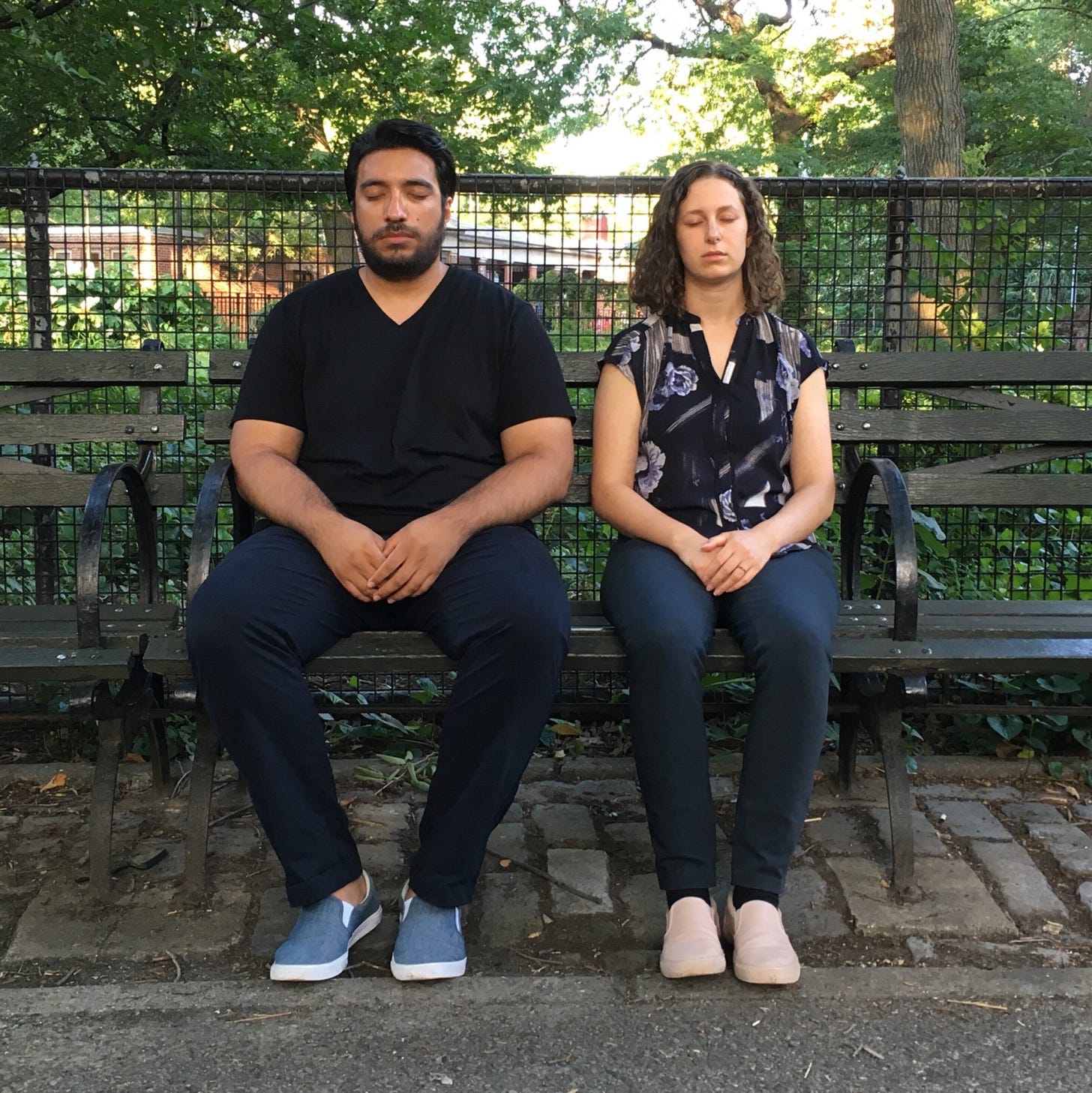

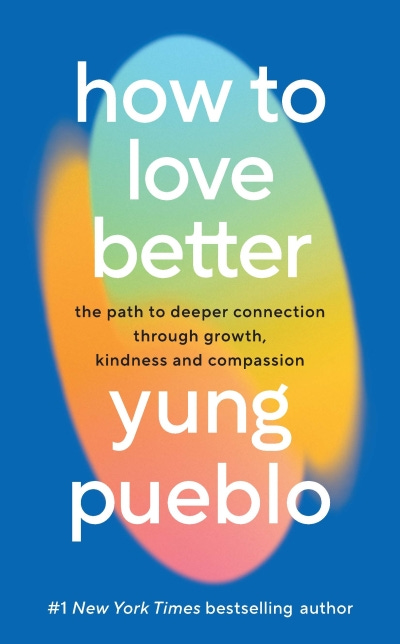
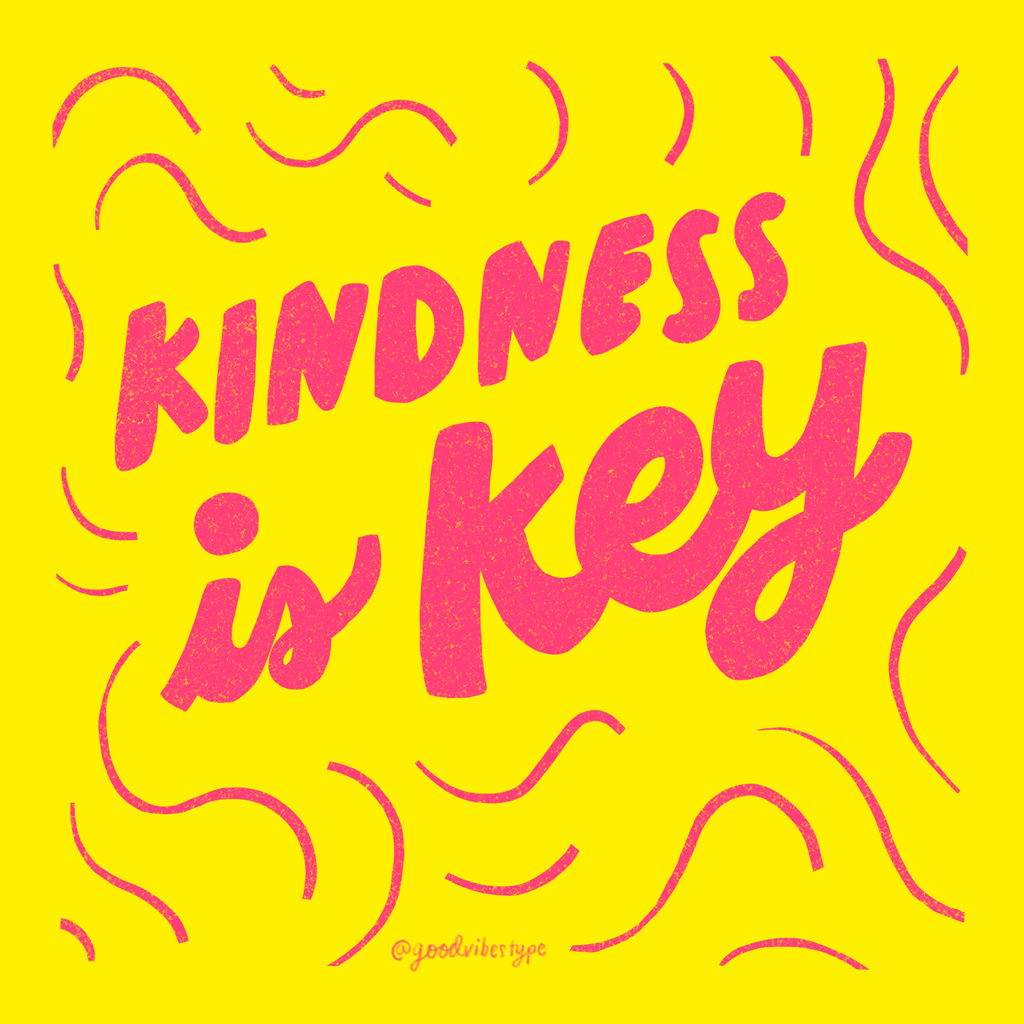
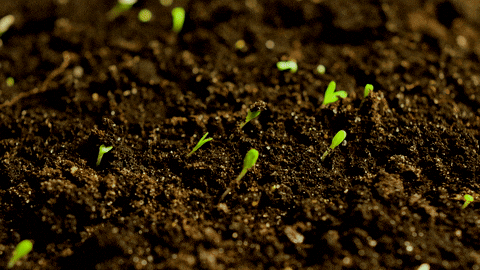



I love the energy you are putting out in this. Reminding us of the best of humanity. I wrote this and I think you’ll find it relevant. Reading your orientation made me want to share it.
I'd say that true selflessness in relationships best flows from a place of radical self-love and fullness. Just as you can make more sustainable wellness changes by first cultivating empowering thoughts and beliefs, you are better able to authentically show up for a partner if you have nourished your own mind, body, and spirit. It's the oxygen mask principle: when you tend to your whole self first, selflessness becomes a natural overflow rather than a draining sacrifice. The balance between giving and receiving isn't about diminishing yourself for your partner. Selflessness, done right, is itself a form of radical wellness. it's about bringing your most vibrant, whole self to your partnership so that patience, listening, and understanding can truly thrive. It is what I write about in my book, Radical Wellness, and here on Substack!